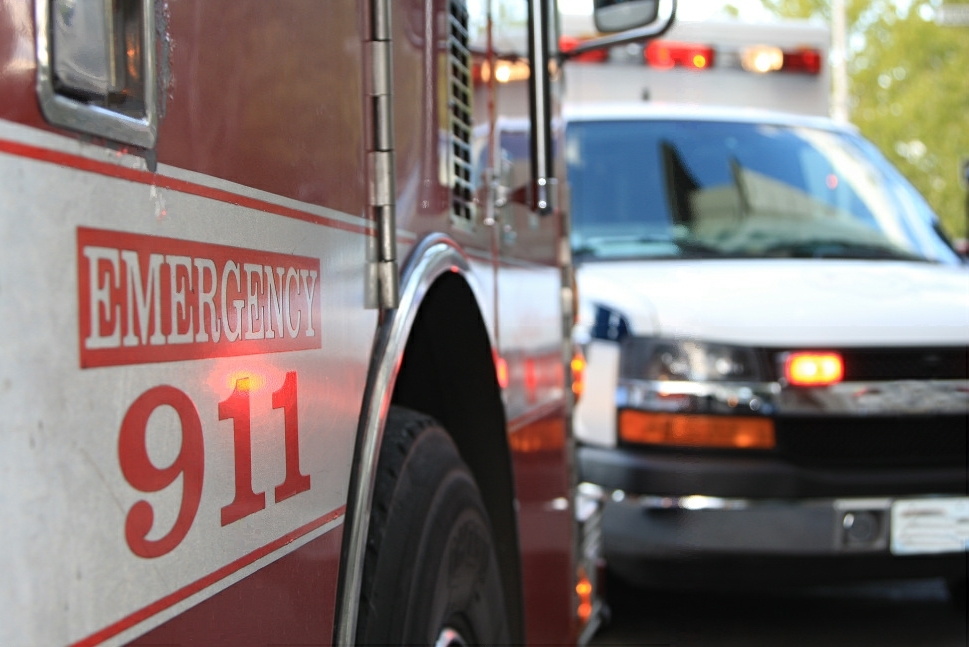Time Equals Heart: Call 9-1-1
Published Wednesday, February 17, 2021

In Canada, there are an estimated 70,000 heart attacks each year. That’s one heart attack every seven minutes. Almost 16,000 Canadians die each year as the result of a heart attack, according to Statistics Canada (2012).
A heart attack is a medical emergency. Calling 9-1-1 and getting to the hospital by ambulance is the safest and most beneficial way for a person to arrive and receive cardiac care in a timely manner.
There are many reasons why a person does not call 9-1-1. These include thinking they could deal with the situation on their own, not actually realizing to call 9-1-1 when someone is experiencing a heart attack, not wanting to cause a scene or just deciding to drive themselves.
In Thunder Bay, more than 40 percent of patients experiencing a significant heart attack did not call 9-1-1 in 2020. Time equals heart, which means the longer a person experiencing a heart attack waits to receive care, the more damage is caused to their heart. In a medical emergency such as a heart attack, every minute counts.
People in Thunder Bay and across Northwestern Ontario need to be aware of the benefits of calling 9-1-1 and the expertise that paramedics bring to cardiac care, especially during the critical first hours. Paramedics are trained to recognize the signs of a heart attack and mobilize the patient quickly.
They start the time sensitive management of cardiac care including performing an electrocardiogram (ECG), which helps to determine the next critical and time-sensitive steps required, while still on route to the hospital. Paramedics pre-alert the hospital that a cardiac patient is on their way, which is critical in activating the process of cardiac care. Due to the large populated rural areas surrounding our cities and towns, there is a dedicated group of volunteers on call 24/7 known as First Response Teams. These Teams can assist heart attack patients with support, as they prepare to hand off to the Paramedics as they proceed to timely life-saving services. The First Response Teams are a vital link between the patient and Emergency Medical Services (EMS).
The most important message to remember is that a heart attack is a medical emergency. Everyone should recognize the following signs of a heart attack:
- Chest Discomfort – Pressure, squeezing, fullness or pain, burning or heaviness
- Sweating
- Upper Body Discomfort – neck, jaw, shoulder, arms, back
- Nausea
- Shortness of Breath
- Light-Headedness
CALL 911. Calling 9-1-1 for a heart attack helps to ensure the best possible outcome.
Brought to you by the Thunder Bay Regional Health Sciences Centre Heart Month Group